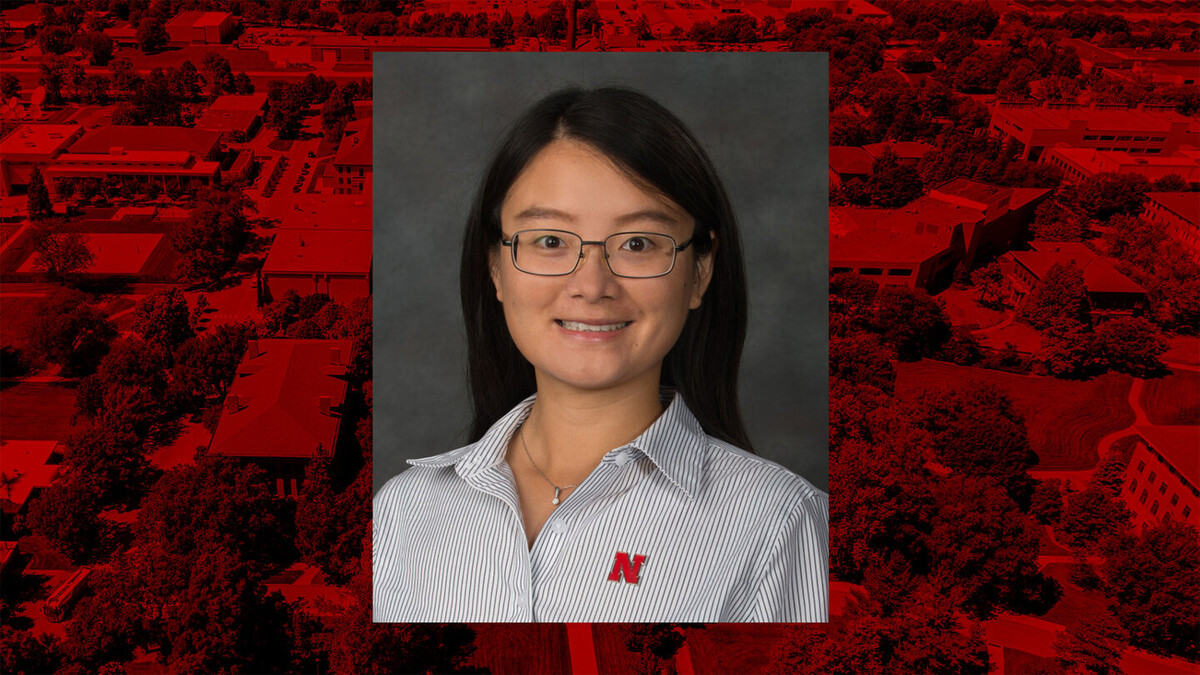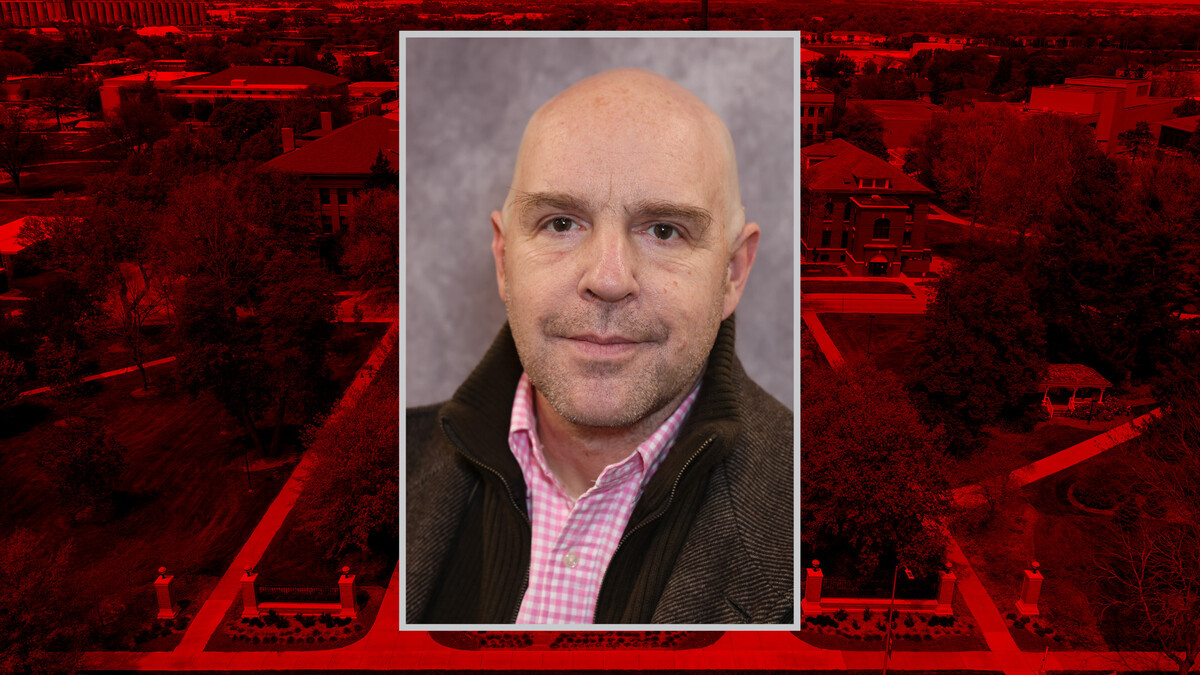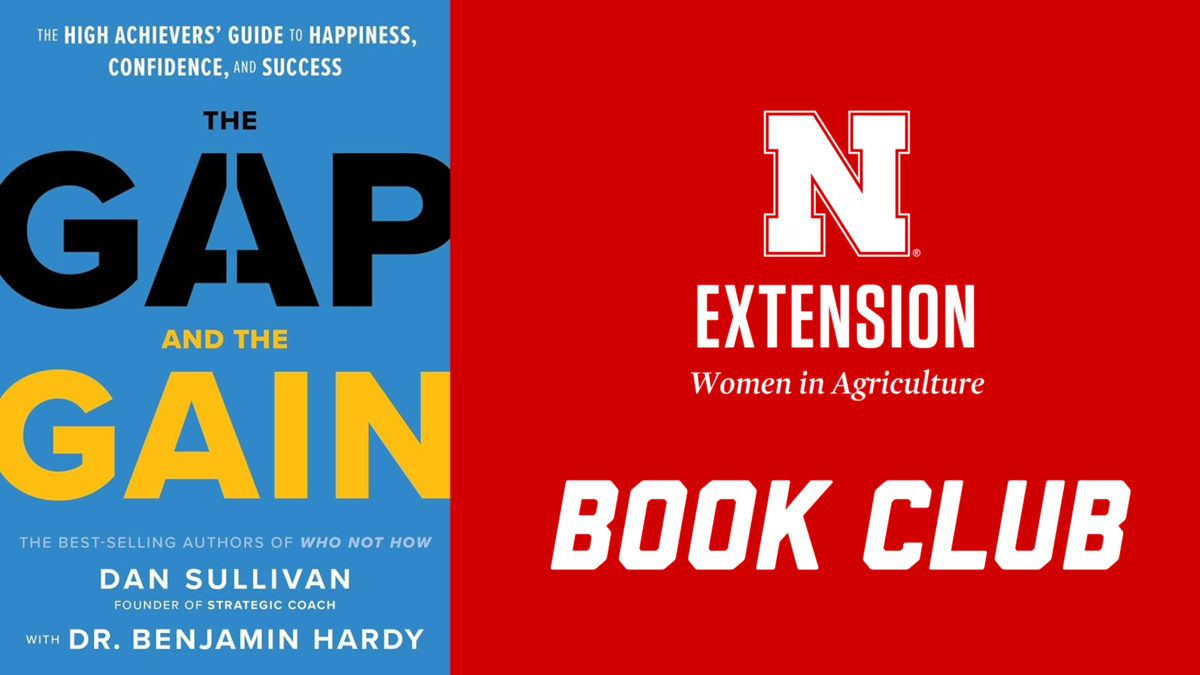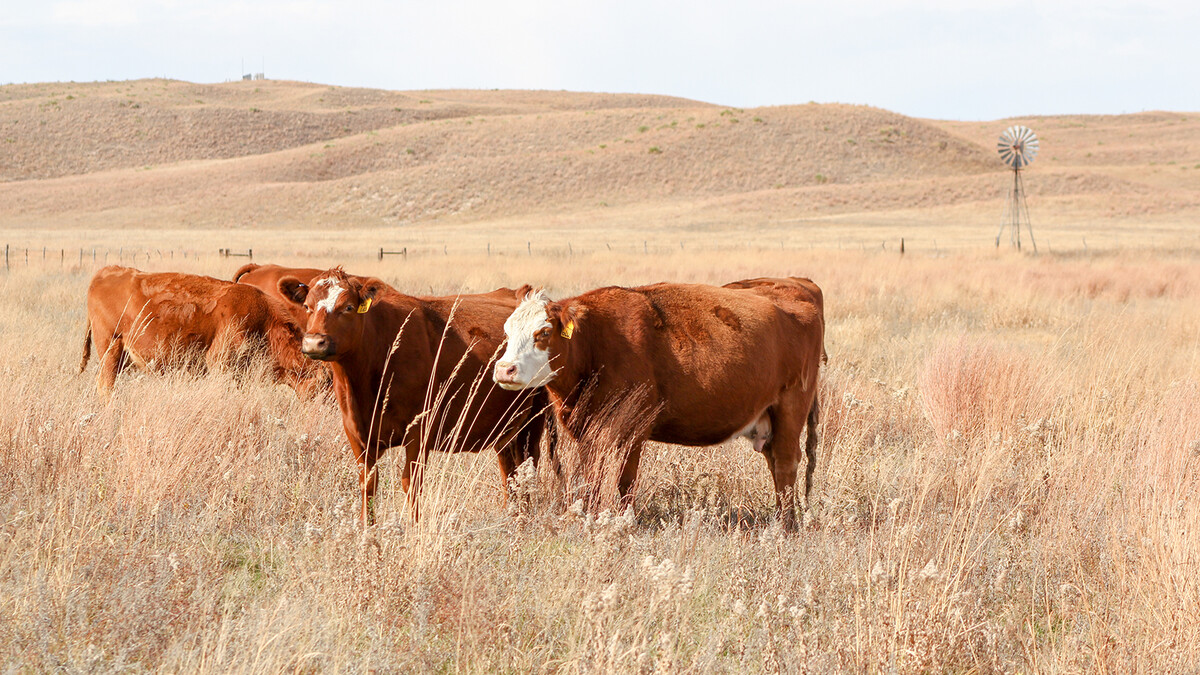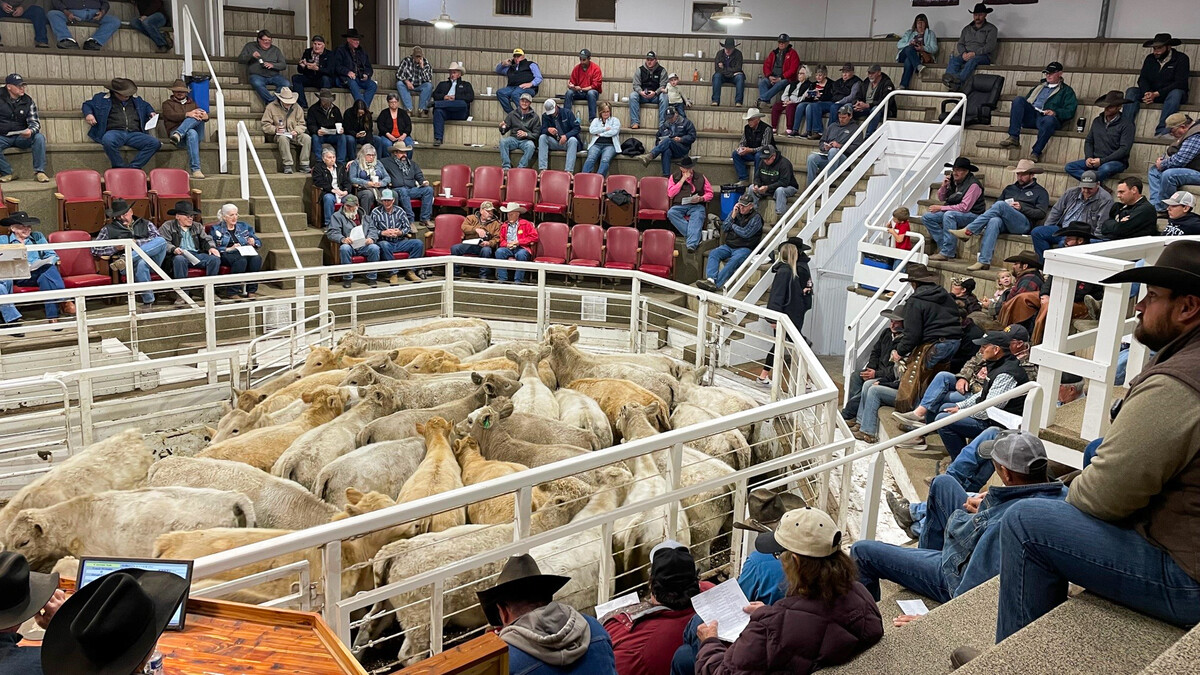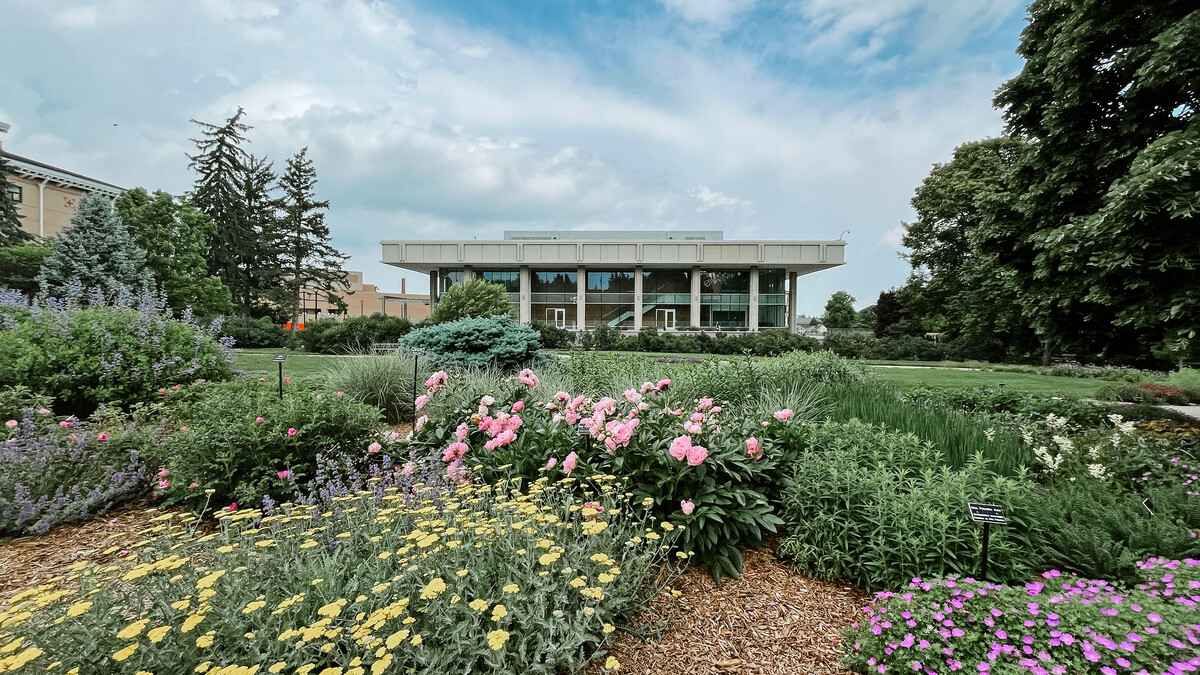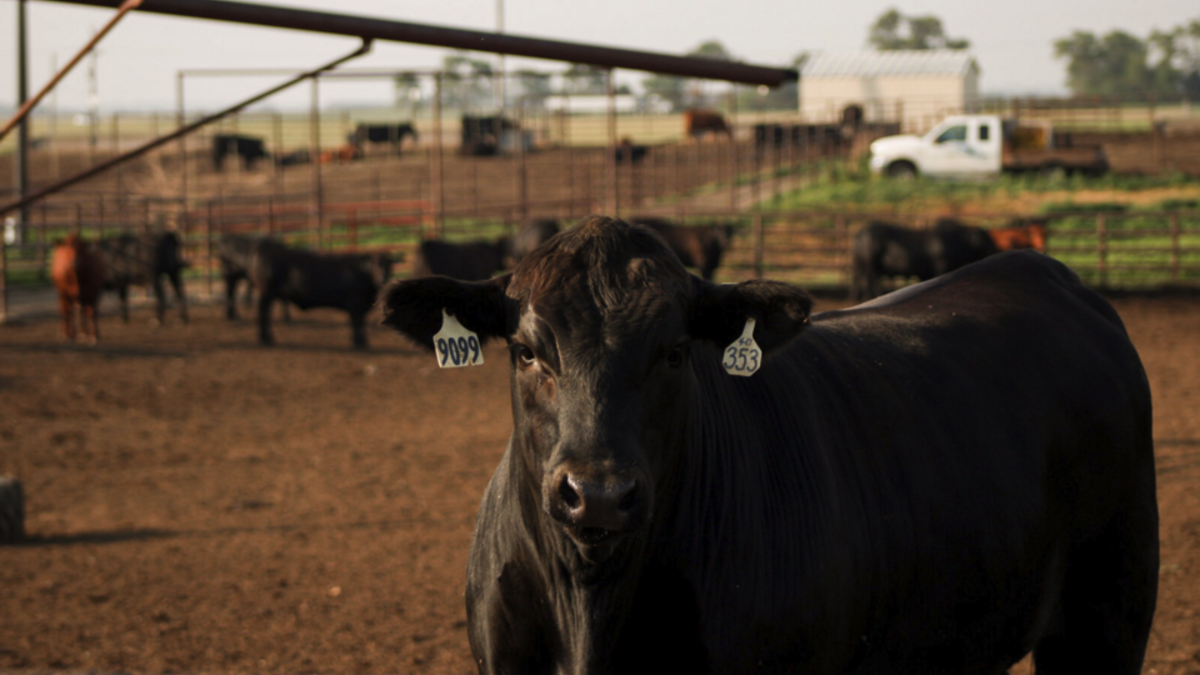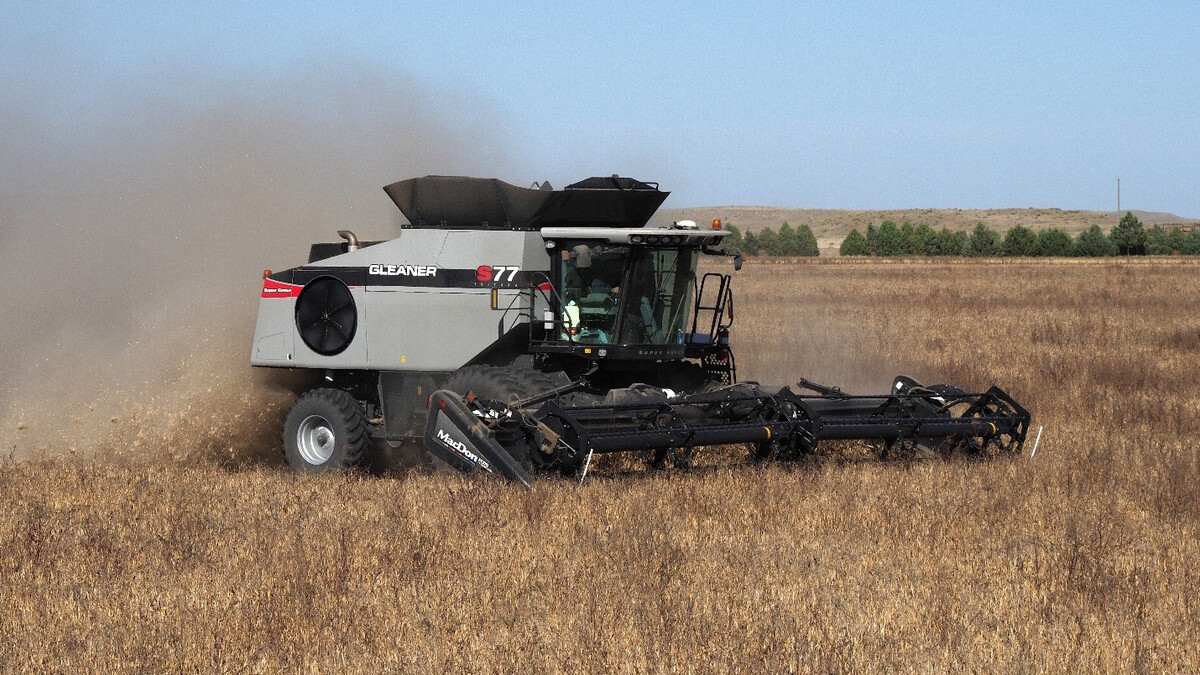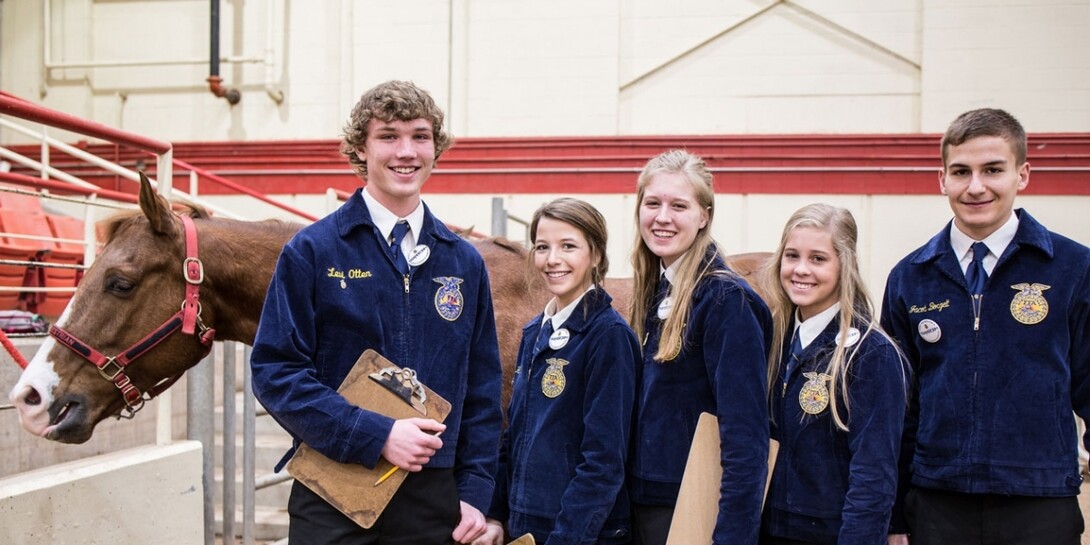
Lincoln, Neb. —Some of the greatest challenges facing our planet are in the areas of food, water, energy, landscape systems, animals, and people.
Last week the College of Agricultural Sciences and Natural Resources (CASNR) at the University of Nebraska-Lincoln hosted a “Discover Agriculture and Natural Resources” virtual summer camp in conjunction with Nebraska 4-H for students aged 14-18.
The camp allowed students to investigate how these global challenges we face relate to the fields of agriculture and natural resources, and how they can make an impact on these essential systems.
Campers interacted with a faculty, staff and student leaders from diverse fields within the Institute of Agriculture and Natural Resources throughout the entire week. Together, they explored topics relating to animal science, ag technology, food science, fisheries and wildlife, agribusiness, agricultural communication and plants.
Maria Harthoorn, a junior agricultural economics student and CASNR ambassador from Ainsworth, Neb., worked to facilitate interactive activities in between each session.
Harthoorn created a jeopardy game to explain each major within CASNR, a “Kahoot!” game including facts about Nebraska agriculture, food science, the University of Nebraska-Lincoln and more.
“We were able to interact with great faculty who did an exceptional job at making it a really fulfilling experience for them. They just went above and beyond. You don’t see this in a lot of places other than Nebraska, and it’s just really cool to be part of this,” Harthoorn said.
Food Science
Andreia Bianchini, associate professor, and Jayne Stratton, research associate professor in the Food Science and Technology Department, presented about food safety and microbiology. Bianchini and Stratton explained the difference between beneficial and detrimental microorganisms and various types of bacteria, which grow at varying rates in foods.
Campers learned about methods used to control bacterial growth and prevent foodborne illnesses from pathogenic bacteria. They participated in virtual lab sessions in the food microbiology lab, where samples of milk and hamburger patties were evaluated for proper cooking and processing. Students were able to observe the importance of probing temperature while cooking meats and how microorganisms can be enumerated in the lab.
Students also played an interactive game to practice how to identify microorganisms under the microscope.
Andreia Bianchini explains how different areas of knowledge make up the food science degree in CASNR.
Agricultural Leadership, Education and Communication
Dr. Laura Young, assistant professor of practice in the Agricultural Leadership, Education and Communication Department, taught campers about effective communication practices.
Campers put their new communication skills into practice by making a flyer or promotional poster about an event of their choice.
Laura Young explains what makes visuals effective.
Plants
Sam Wortman is an assistant professor in the Department of Agronomy and Horticulture. Wortman shared his research on biodegradable mulches, and how crops such as corn could potentially replace plastic films. He explained to campers how research on cover crops and using seed dormancy can reduce labor during peak seasons.
Sam Wortman explains the online People in Ecosystems Watershed Integration game.
Campers were introduced to an interactive game in the PEWI Workspace (People in Ecosystems Watershed Integration) to explain the impacts of agricultural and natural land uses.
Cultivate ACCESS
The Cultivate ACCESS program is designed to help Nebraska students from diverse backgrounds and who have a particular interest in science, technology, engineering and math (STEM) and agriculture-related areas to discover potential career paths and to network with industry professionals and other university students.
“Cultivate Access focuses on diversity, leadership and inclusion,” said Taylor Nielsen, lead ambassador.
Nielsen’s main focus was exposing campers to what diversity and inclusion is and how it affects individuals personally. She talked about the importance of working with diverse groups of people and solving problems together, as well as acknowledging differences and working to expand your personal horizons.
“I was really impressed with their discussion and how encouraged they were to talk – I don’t know if I would be talking about this when I was in high school. It was really nice that they were pretty open and communicative of their views of the subject,” Nielsen said.
Nielsen became an ambassador in 2018 and in the role helps mentor students and teaches them about leadership and communication.
“Seeing the students be so happy and involved was my favorite part. It was just great talking with them and learning about what they do know and how much that they learned during the camp and reflecting on that,” she said.
Animal Science
Brett White, associate professor in the Animal Science Department, had a goal to give campers an overview of the department, provide an example of cutting-edge research that is underway in the department and describe the potential impact of animal science on the world.
White’s interactive presentation began with a discussion about the genetic engineering of animals and how it can be used in livestock production and human medicine.
“A lot of time you think about livestock production and how you can improve that, but you don’t think about pharmaceutical proteins or in transplantation and outside the animal science realm,” White said.
White was worried about the virtual format, but successfully completed camp in this way for the first time. Before COVID-19, he regularly presented at biotechnology workshops for junior high students, high schools, 4-H clubs and various agricultural group.
As a former 4-H’er himself, White knows the value of developing youth potential.
I really love to do these types of things because of that [4-H experience]. It brings back those days,” he said.
White described the process of gene editing animals and finally, showed examples of how that can make research more efficient. For example, incorporating the biology that makes fireflies glow in the dark as well as the brilliant, fluorescent green color that is produced by jellyfish into mouse models and in pigs.
“I was impressed with how interactive the 4-H’ers were with me, their willingness to jump right in and the questions they posed,” White said.
School of Natural Resources
Elyse Watson is a recruitment and alumni coordinator within the School of Natural Resources.
Watson taught campers about endangered plants and animals. She also presented research and studies on two species of shorebirds, least terns and piping plovers, that SNR faculty and students have been involved with.
Agricultural Economics
Rosalee Swartz is a director and recruiter in the Agricultural Economics Department. Swartz talked with students about the complexity of food systems and the number of people and types of jobs involved in getting food from production to the food plate. She shared a video on globalization and how it has increased trade and other interactions between countries.
Swartz used a case study of cocoa production in Cote d’Ivoire, Africa, to investigate what globalization means to different areas of the world. The students used the CIA World Fact Book to research data on four different countries—two cocoa-producing countries and two countries that are the main purchasers of cocoa. They looked at differences in production methods (manual labor versus machinery and technology), main exports for each country (raw goods versus finished, value-added goods), and income per person (ranging from $3,900/year to $59,800/year). At the end of the session, students discussed good and bad aspects of globalization, ending with brief thoughts on the impact of globalization on the spread of COVID-19 world-wide.
Mechanized Systems Management
Deepak Keshwani, associate professor of biological systems engineering and faculty fellow for the CASNR and Daugherty Water for Food Global Institute, and Jenna Hefley, academic services coordinator and recruiting contact for Biological Systems Engineering, Agricultural Engineering and Mechanized Systems Management, introduced campers to mechanized systems and ag technology.
“My personal goal was to get students to see the value of how technology can really help meet the challenges that society is facing – feeding the world, using our resources wisely,” Keshwani said. “We not only have to develop technology but also manage it very well.”
Keshwani and Hefley shared that capacity, efficiency, and productivity are key features technology must have to be useful. They stressed that you may have the best tools, but if you are not able to use it wisely in the field, then you are not really going to see the benefit from it.
Campers applied that idea of management to water and productive irrigation technology.
Campers participated in a hands-on activity to prepare their own variable irrigation system. Students considered how to allocate various amounts of water into cups efficiently using different kinds of straws and a styrofoam cup. The activity was developed by Nathan Rice, a Nebraska Extension educator for 4-H youth development. Campers were then given 15 minutes to build their own irrigation system.
Keshwani says he learned a lot from his first virtual camp experience but will chalk it up as a win.
“We’re not going to let the circumstances we’re in limit us, but stretch us to do things more creatively. We still want to engage with the youth. We still want to make sure that they have learning opportunities,” Keshwani said.
Natalie Jones | IANR Media
